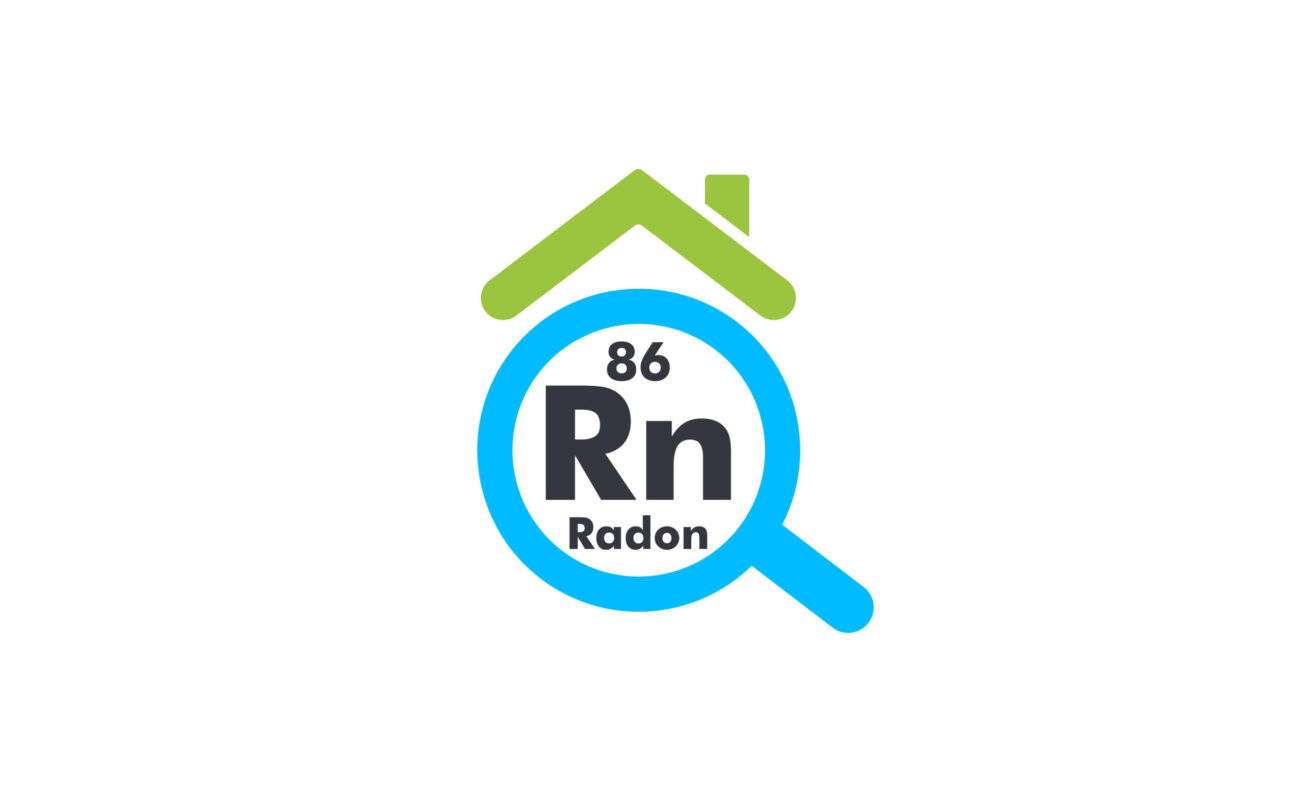Your home is your sanctuary – the ultimate safe place. But did you know that the air in your home might be raising your family’s risk of developing cancer?
Cigarette smoking is the no. 1 risk factor for lung cancer, according to the Centers for Disease Control and Prevention (CDC). In fact, it’s responsible for 80-90% of lung cancer deaths in the United States. But the second-leading cause of lung cancer is radon exposure. And radon is a problem in Tennessee. You may have radon gas building up in your home and not even know it.
WellTuned spoke with Dr. Ian Bushell, a family medicine physician and medical director with BlueCross BlueShield of Tennessee, to learn more about what you need to know about radon exposure.
What is radon?
Radon gas is a radioactive gas that occurs naturally in trace amounts in the atmosphere. It’s also released by soil, rocks and water. When outside, it tends to disperse quickly and not cause any harm. But it can seep into cracks or holes in buildings and become trapped indoors, leading to a build-up that can be dangerous. Radon decays quickly and produces tiny radioactive particles. When you breathe in those radioactive particles, they’ll damage the lining of your lungs.
Dr. Bushell: Your home feels like a safe place. And it may be. But one in 15 homes in the U.S. has elevated radon levels. Over time, breathing in that radon gas increases your risk of developing lung cancer. In fact, radon is the leading cause of lung cancer among non-smokers.
How do you know if your home has elevated levels of radon?
Dr. Bushell: Since radon gas is colorless and odorless, you may be completely unaware of its existence in your home. Radon gas doesn’t cause any symptoms. It won’t make you cough, sneeze, or have difficulty breathing. And because it’s symptomless, you won’t know the radon gas is there unless you test for it. Also, it’s important to understand that your smoke detector and carbon monoxide detectors do not test for or monitor radon, so you will have to specifically test for radon.
How should you test your home for radon?
Dr. Bushell: You can buy an inexpensive radon test kit online or at your local hardware store. They’re easy to do, and they don’t involve any chemicals. You can also contact the Tennessee Radon Program for a list of qualified radon testers or to ask questions you may have.
When should you test your home for radon?
Dr. Bushell: You should definitely test your home for radon now—and then do it again in a few years, even if your numbers are at a safe level now. They may not stay normal forever.
The CDC also recommends the following opportunities for radon testing:
- Before buying or selling a home
- If you’ve never tested your home for radon levels
- Before or after making any renovations or improvements to your home
- Before making any changes in your home that would result in you or a loved one spending more time in the basement or lower level of the building.
Both the Tennessee Department of Environment and Conservation (TDEC) and the EPA recommend a follow-up test if the results of the first test exceed 4 picocuries per liter of air (pCi/L).
How do you mitigate radon in your home?
Dr. Bushell: If you have high levels of radon in your home, you will need to do something about it. In fact, experts recommend that you address the radon situation in your home if a second test reveals results of 4 piC/L. Your risk for radon damage increases the longer that you live in the same home with high levels.
Getting rid of radon involves installing a dedicated ventilation pipe. If your home’s radon levels are 4 pCi/L, the EPA recommends installing a system. A good, properly installed system may be able to reduce the amount of radon gas in your home by as much as 99 percent. And while it’s not complicated, it’s better to have a certified professional handle the installation. To find and hire a licensed radon mitigation professional to install radon mitigation system in your home, you might check with the groups who train radon professionals such as the National Radon Proficiency Program (NRPP) and the National Radon Safety Board (NRSB).
The bottom line
Dr. Bushell: Radon is everywhere and is unavoidable. And low levels of concentration don’t threaten your health. At the same time, it makes sense to test the air in your home to make sure you’re not being exposed to unnecessary risks.
More from Dr. Bushell on WellTuned.
Get more information about specific health terms, topics and conditions to better manage your health on bcbst.com. BlueCross BlueShield of Tennessee members can access wellness-related discounts on fitness products, gym memberships, healthy eating and more through Blue365®. BCBST members can also find tools and resources to help improve health and well-being by logging into BlueAccess and going to the Managing Your Health tab.


